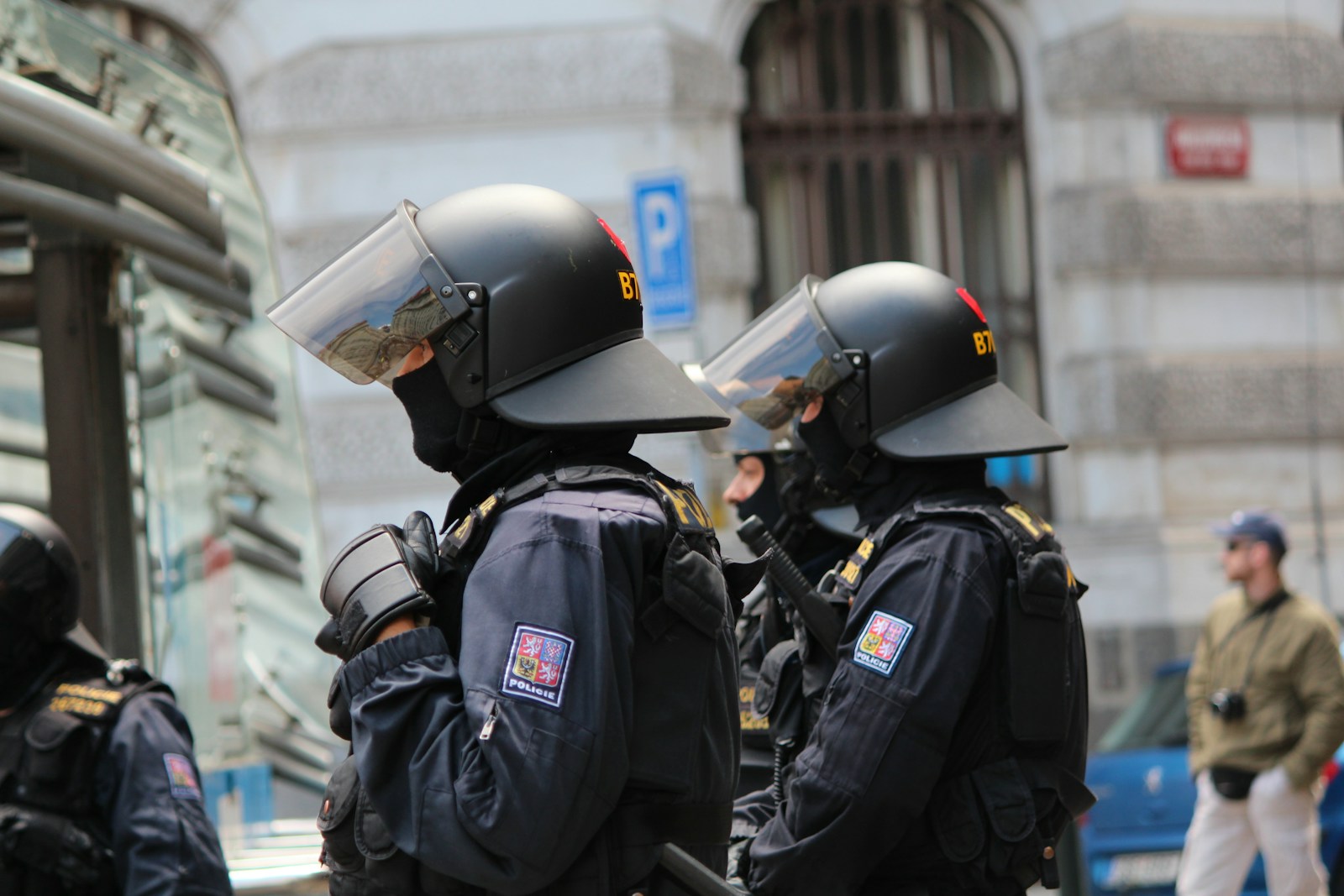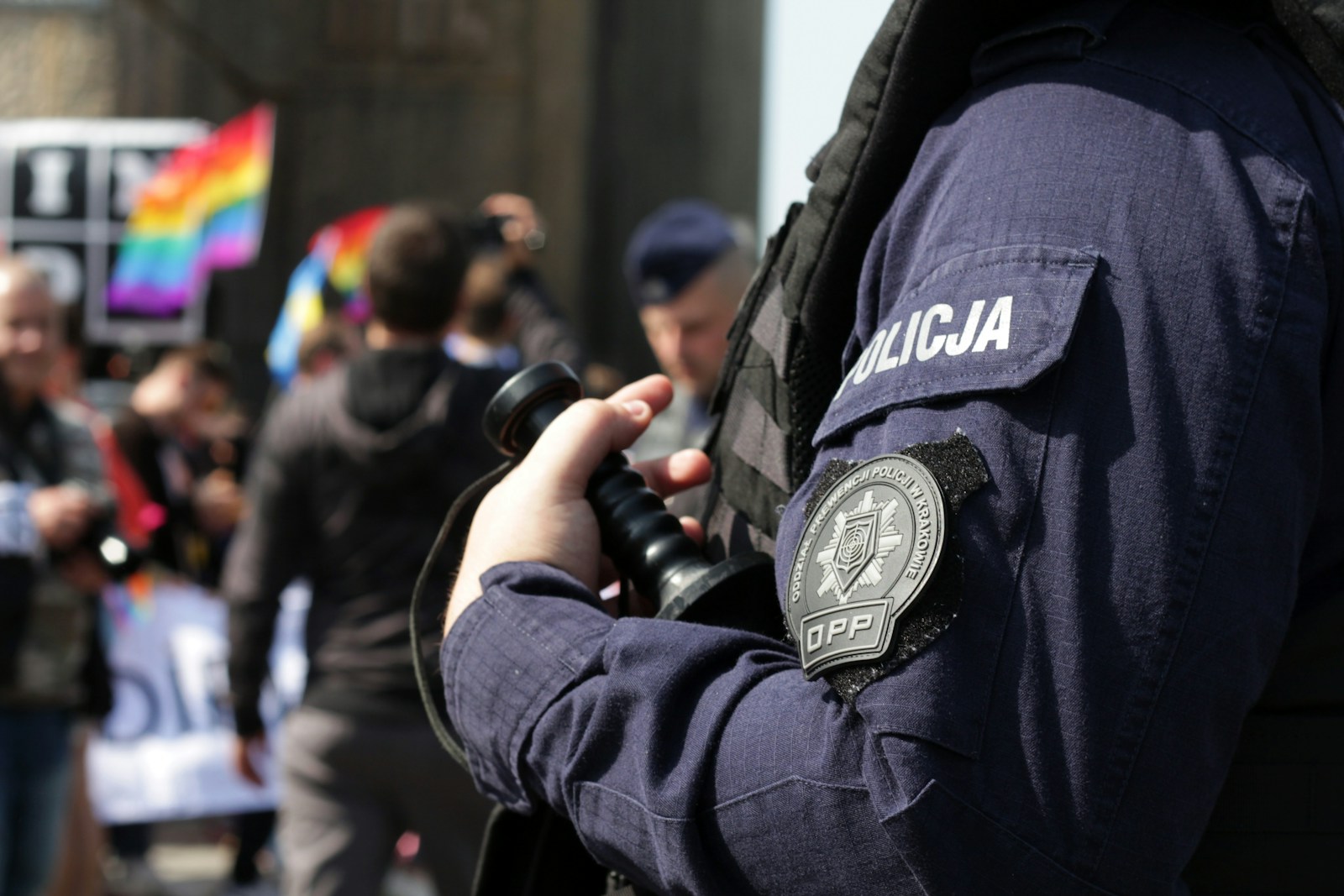A police officer is a civil agent that is entrusted with the duty of enforcing laws and criminal order, preventing and detecting crimes and; safeguarding people. Some carry out laws, investigate cases, and attend to disasters as well. Members of the police force are vital stakeholders responsible for maintaining trust and safety among the populace as guardians and solvers of several issues.
Resume Description for This Job
For a police officer position, a resume must tackle physical skills such as fitness, aptitude at solving issues, and working as a police officer or volunteering with a community.
Sample Resume Description:
“Dedicated police officer with 5 years of experience in law enforcement. Skilled in conflict resolution, public safety, and criminal investigations. Proven ability to build positive community relationships while enforcing laws and ensuring safety.”
Key Skills to Include:
- Proficiency in conflict resolution.
- Strong communication and interpersonal skills.
- Ability to operate law enforcement equipment and technology.
- Knowledge of legal regulations and protocols.
- Physical fitness and endurance.
Certifications and Training:
- Completion of police academy training.
- Certifications in first aid, CPR, or self-defense techniques.
Salary (Based Range in the USA)
The salary of a police officer in the U.S. varies depending on location, experience, and rank.
- Entry-Level Police Officers: $40,000 – $55,000 annually.
- Mid-Level Police Officers: $55,000 – $75,000 annually.
- Experienced Officers or Sergeants: $75,000 – $100,000+ annually.
In metropolitan areas, salaries tend to be higher due to increased demand and cost of living. Additionally, overtime pay and benefits such as healthcare and retirement plans significantly enhance overall compensation.
Responsibilities

Police officers have a diverse range of responsibilities to ensure the safety and well-being of their communities.
Law Enforcement
- Enforce laws and ordinances at the local, state, or federal level.
- Issue citations or warnings to individuals violating regulations.
Emergency Response
- Respond promptly to emergency calls, including accidents, fires, and crimes.
- Provide first aid to individuals in need during emergencies.
Crime Investigation
- Investigate criminal activities and gather evidence at crime scenes.
- Interview witnesses and suspects to solve cases.
Community Engagement
- Build and maintain positive relationships with community members.
- Participate in community outreach programs to foster trust and cooperation.
Documentation and Reporting
- Prepare detailed reports on incidents and investigations.
- Testify in court when required.
Patrol and Surveillance
- Patrol assigned areas to deter criminal activity.
- Conduct surveillance to monitor suspicious activities.
Qualifications
A career as a police officer requires a combination of physical, educational, and personal attributes.
Education
- A high school diploma or GED is the minimum requirement.
- Some positions may require an associate’s or bachelor’s degree in criminal justice or a related field.
Training
- Successful completion of a police academy training program is mandatory.
- Training includes physical conditioning, firearms handling, and legal education.
Key Skills
- Physical Fitness: Ability to perform physically demanding tasks.
- Problem-Solving: Quick and effective decision-making in high-pressure situations.
- Communication: Strong verbal and written communication skills for interacting with the public and reporting.
- Empathy and Integrity: A commitment to fairness, ethics, and understanding diverse communities.
Licenses and Certifications
- A valid driver’s license is often required.
- Certifications in areas like firearms training or defensive tactics are a plus.
FAQs
Q1: Where does a police officer work regularly?
Police officers operate in different zones of their working process and interact on the offices, patrol cars, and out-of-doors. The job of many of them entails exposure to harsh and risky circumstances.
Q2: How many months does it take to train in police academy?
Police academy training normally takes between six months and eight months of gazettement, but this varies with state and agency inclined.
Q3: Does a police officer need prior experience?
It is also important to note that previous work experience in security or military setting may well be beneficial, but is not a requirement for most jobs that are starting point a company offers. Considering that the skills are required in police duties, the intended recipients will be considered to have acquired the necessary knowledge and skills upon completion of police academy training.
Q4: Is there room for promotion in police work?
Sure; the police officers are capable of a promotion to such ranks as sergeant, lieutenant, captain or detective among others. Other related positions include but not limited to SWAT team officer or crime scene tech.
Q5: From personal qualities, which one is important for a police officer?
The values are: loyalty, responsibility, respect, punctuality, hard work, and commitment, integrity, and perseverance.
Conclusion
Polices officer have a fulfilling and fulfilling job but not for the faint-hearted, as it entails a combination of endurance, perseverance and higher order interpersonal skills. Police employees are essential to the maintenance of law and order and cultivation of a favorable reception with the populace. Therefore, this kind of profession allows to develop and obtain a specialized job, which guarantees a good job for those individuals who are willing to work within the framework of law and improve other people’s lives.
